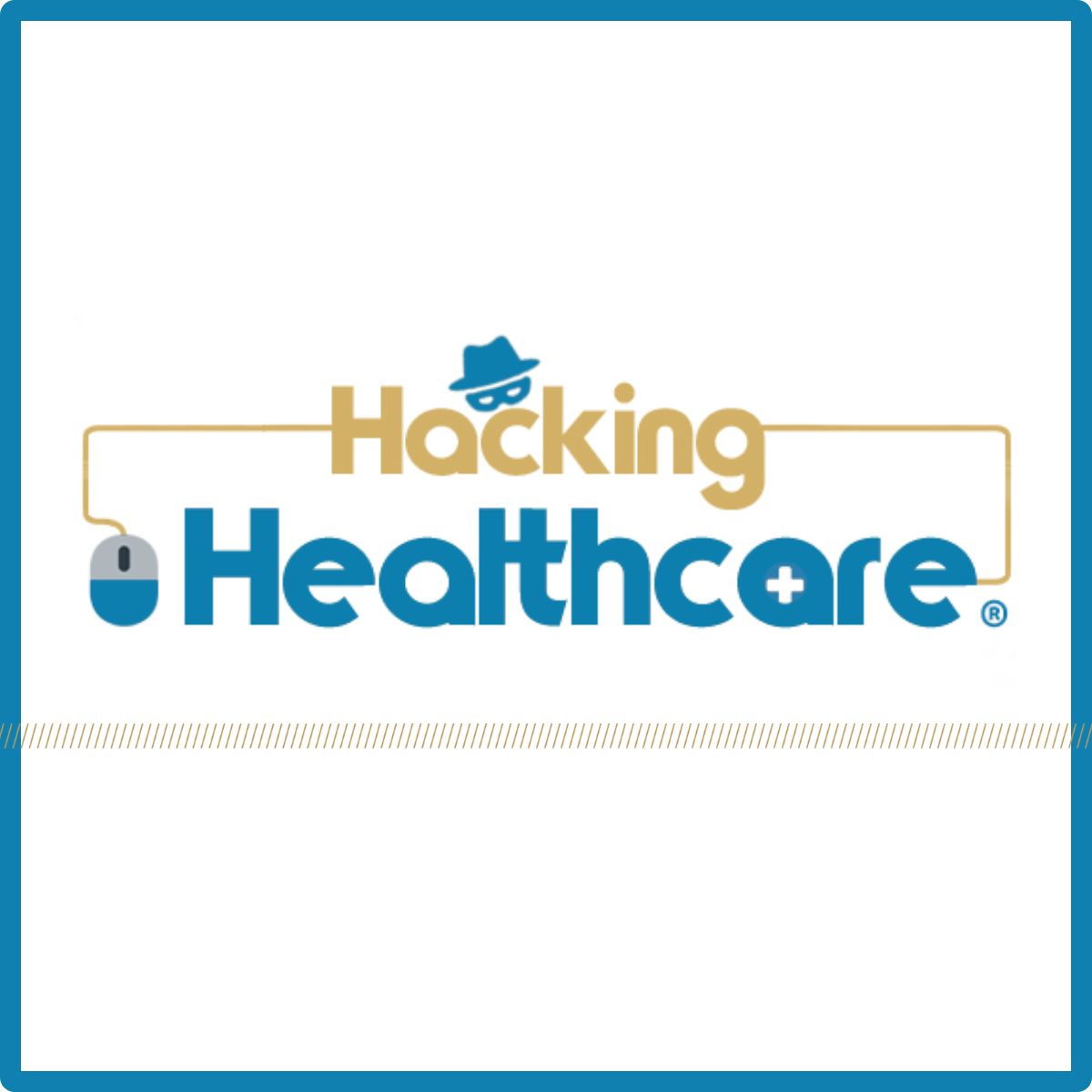Health-ISAC Hacking Healthcare 4-26-2022

TLP White
This week, Hacking Healthcare examines how a United States law enforcement agency was given legal backing to remotely access private devices to cleanse malware. This operation raises interesting legal questions as well as concerns over the potential for accidental harm. Then, we provide thoughts on how the United States government’s attempts at public-private collaboration keep falling short.
As a reminder, this is the public version of the Hacking Healthcare blog. For additional in-depth analysis and opinion, become a member of H-ISAC
and receive the TLP Amber version of this blog (available in the Member Portal.)
Pdf version:
Text version:
Welcome back to Hacking Healthcare.
FBI Removal of Malware Draws Scrutiny
News that the Federal Bureau of Investigation (FBI) had disrupted a botnet linked to the Russian government’s intelligence service sounds like it should be unequivocally good news for everyone but the Russian government. However, the manner in which the operation occurred has raised some concerns and has highlighted a larger discussion about how cybersecurity, geopolitics, and the law are intertwined.
On April 6, the U. S. Department of Justice (DOJ) issued a press release titled Justice Department Announces Court-Authorized Disruption of Botnet Controlled by the Russian Federation’s Main Intelligence Directorate (GRU).[1] The posting announced that a court-authorized operation had been conducted several weeks earlier to “disrupt a two-tiered global botnet of thousands of infected network hardware devices under the control of a threat actor known to security researchers as Sandworm.”[2] Sandworm, a well-known threat actor, has previously been linked to Russia with the United States government attributing it to the Main Intelligence Directorate of the General Staff of the Armed Forces of the Russian Federation (GRU).[3]
To briefly recap, several weeks prior to the operation, the United Kingdom’s National Cyber Security Centre (NCSC), the United States’ Cybersecurity and Infrastructure Security Agency (CISA), the FBI, and the National Security Agency (NSA) released a public joint advisory warning of Sandworm’s use of Cyclops Blink malware.[4] The advisory included technical details, mitigations, indicators of compromise, and other guidance in a call for action. Furthermore, affected device manufacturers released their own guidance and detection and remediation tools.[5], [6] In addition, the DOJ stated that it had “been attempting to provide notice to owners of infected WatchGuard devices in the United States and, through foreign law enforcement partners, abroad,” including “[providing] notice to the owners of the domestic C2 devices from which the FBI copied and removed the Cyclops Blink malware.”[7]
Despite this, according to the DOJ, by mid-March the majority of “originally compromised devices” remained infected, and it is here that the FBI appeared to have undertaken a court-authorized operation to disrupt the botnet. The operation consisted of the FBI “[copying] and [removing] malware from vulnerable internet-connected firewall devices that Sandworm used for command and control (C2) of the underlying botnet.”[8] This action effectively cut off the thousands of infected devices from being reached.
The malware and associated botnet were described as a national security threat by U.S. Attorney Cindy K. Chung for the Western District of Pennsylvania, and the operation was hailed by the FBI as “an example of the FBI’s commitment to combatting cyber threats through our unique authorities, capabilities, and coordination with our partners.”[9]
Needing Both Parts in Public-Private Partnership
Notably absent was the participation of any members of the private sector.
Congress
Tuesday, April 26th:
– No relevant hearings
Wednesday, April 27th:
– No relevant hearings
Thursday, April 28th:
– No relevant hearings
International Hearings/Meetings
– No relevant meetings
EU
Conferences, Webinars, and Summits
Contact us: follow @HealthISAC, and email at contact@h-isac.org
About the Author
Hacking Healthcare is written by John Banghart, who served as a primary advisor on cybersecurity incidents and preparedness, and led the National Security Council’s efforts to address significant cybersecurity incidents, including those at OPM and the White House. John is currently the Senior Director of Cybersecurity Services at Venable. His background includes serving as the National Security Council’s Director for Federal Cybersecurity, as Senior Cybersecurity Advisor for the Centers for Medicare and Medicaid Services, and as a cybersecurity researcher and policy expert at the National Institute of Standards and Technology (NIST), and in the Office of the Undersecretary of Commerce for Standards and Technology.
John can be reached at jbanghart@h-isac.org and jfbanghart@venable.com.
[1] https://www.justice.gov/opa/pr/justice-department-announces-court-authorized-disruption-botnet-controlled-russian-federation
[2] https://www.justice.gov/opa/pr/justice-department-announces-court-authorized-disruption-botnet-controlled-russian-federation
[3] https://www.justice.gov/opa/pr/justice-department-announces-court-authorized-disruption-botnet-controlled-russian-federation
[4] https://www.cisa.gov/uscert/ncas/alerts/aa22-054a
[5] https://detection.watchguard.com/
[6] https://www.asus.com/content/ASUS-Product-Security-Advisory/
[7] https://www.justice.gov/opa/pr/justice-department-announces-court-authorized-disruption-botnet-controlled-russian-federation
[8] https://www.justice.gov/opa/pr/justice-department-announces-court-authorized-disruption-botnet-controlled-russian-federation
[9] https://www.justice.gov/opa/pr/justice-department-announces-court-authorized-disruption-botnet-controlled-russian-federation
[10] https://homeland.house.gov/news/media-advisories/tomorrow_10am-cybersecurity-hearing-on-maturing-public-private-partnerships-to-secure-us-infrastructure
- Related Resources & News
- Potential Terror Threat Targeted at Health Sector – AHA & Health-ISAC Joint Threat Bulletin
- New Cybersecurity Policies Could Protect Patient Health Data
- CyberWire Podcast: PHP flaw sparks global attack wave
- Health-ISAC Hacking Healthcare 3-14-2025
- HSCC Aiming to Identify Healthcare Workflow Chokepoints
- New Healthcare Security Benchmark Highlights Key Investment Priorities and Risks
- Are Efforts to Help Secure Rural Hospitals Doing Any Good?
- CISA cuts $10 million annually from ISAC funding for states amid wider cyber cuts
- 2024 Health-ISAC Discussion Based Exercise Series After-Action Report
- Cobalt Strike takedown effort cuts cracked versions by 80%
